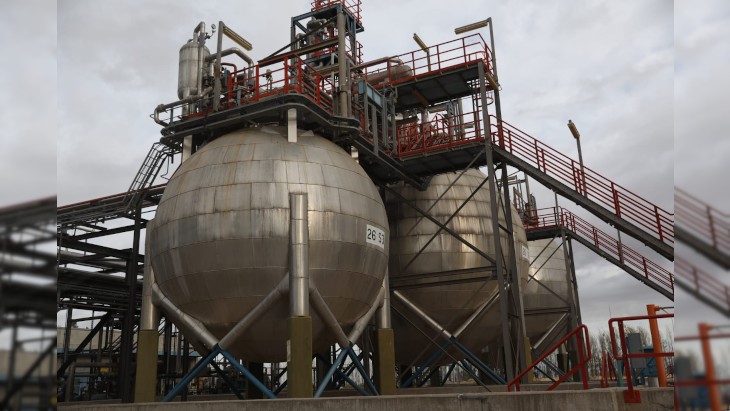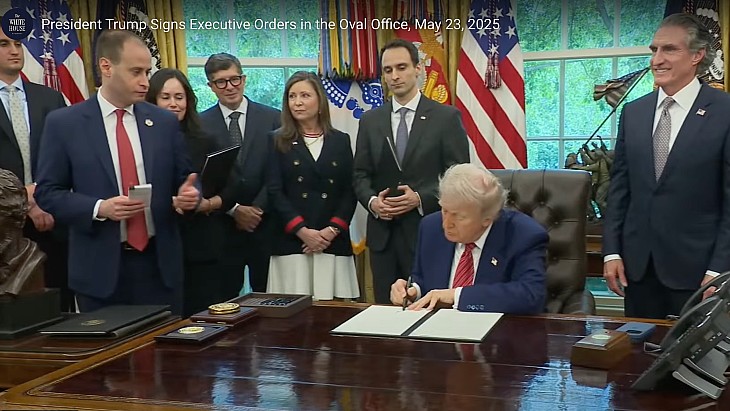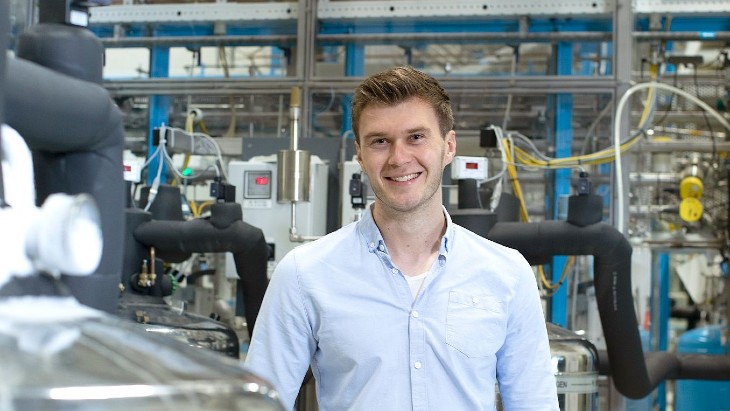Argentina looks to heavy water exports

The plant at Neuquén supplied Argentina's nuclear programme from 1993 but was mothballed in 2017. With a capacity of 200 tonnes per year it was the world's largest such facility, and it remains one of the most advanced, said Adriana Serquis, President of the Comisión Nacional de Energía Atómica (CNEA).
As part of a delegation to the facility, Secretary of Strategic Affairs Mercedes Marcó del Pont said, "Argentina has a wealth of scientific and technological capacity in the nuclear sector" which creates opportunities not only for the energy transition but to multiply its development benefits for the country as a whole.
An agreement has already been made between the CNEA and the government of Neuquén province to bring the plant back into operation. They jointly own the plant, with Neuquén holding a controlling stake.
Serquis said: "In the first stage we will focus on the fact that one of the [production] lines can continue to produce heavy water, not only for the continuation of the operation of our three nuclear plants, but also to have a high-value exportable good." According to plans, the first production line should recommence in 2025.
According to a bnamericas report Neuquén produces its own ammonia for use in the process of producing heavy water and that could be sold as a separate product. Subsequent production lines could be repurposed to produce hydrogen. These would be low-carbon commodities because the plant is supplied with power by a nearby 128 MWe hydro station which has scope for expansion.
Argentina's nuclear power plants, Atucha I, Atucha II and Embalse, will between them require some 485 tonnes of heavy water through to their planned retirements. The remainder could be exported to other countries using pressurised heavy water reactors - potentially Canada, China, India, Romania and South Korea. The substance is also used in a range of scientific and technical applications including as a tracer in medical investigations and various types of spectroscopy.










..._58412.jpg)
